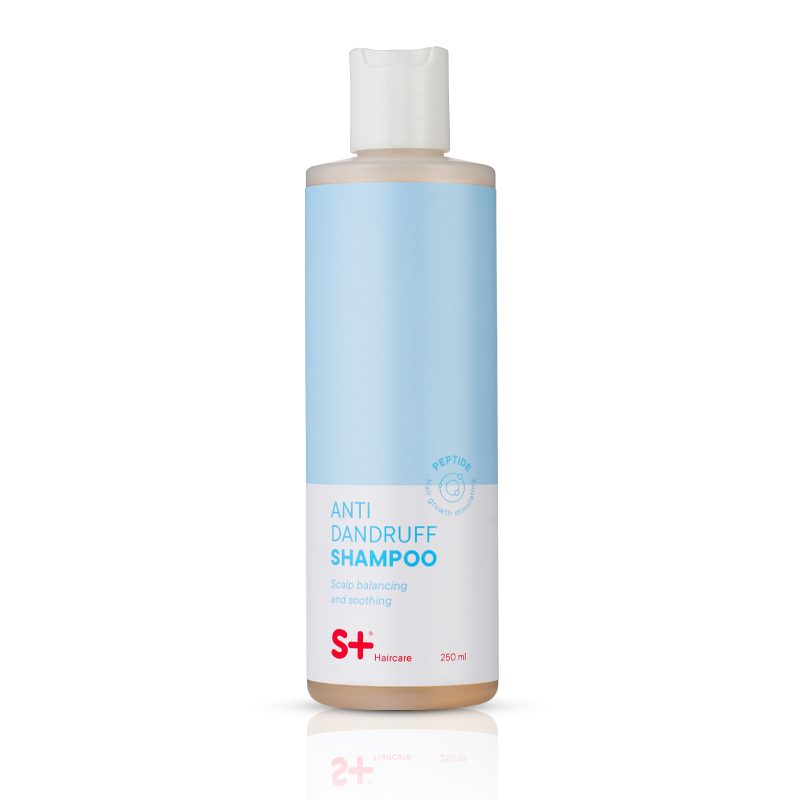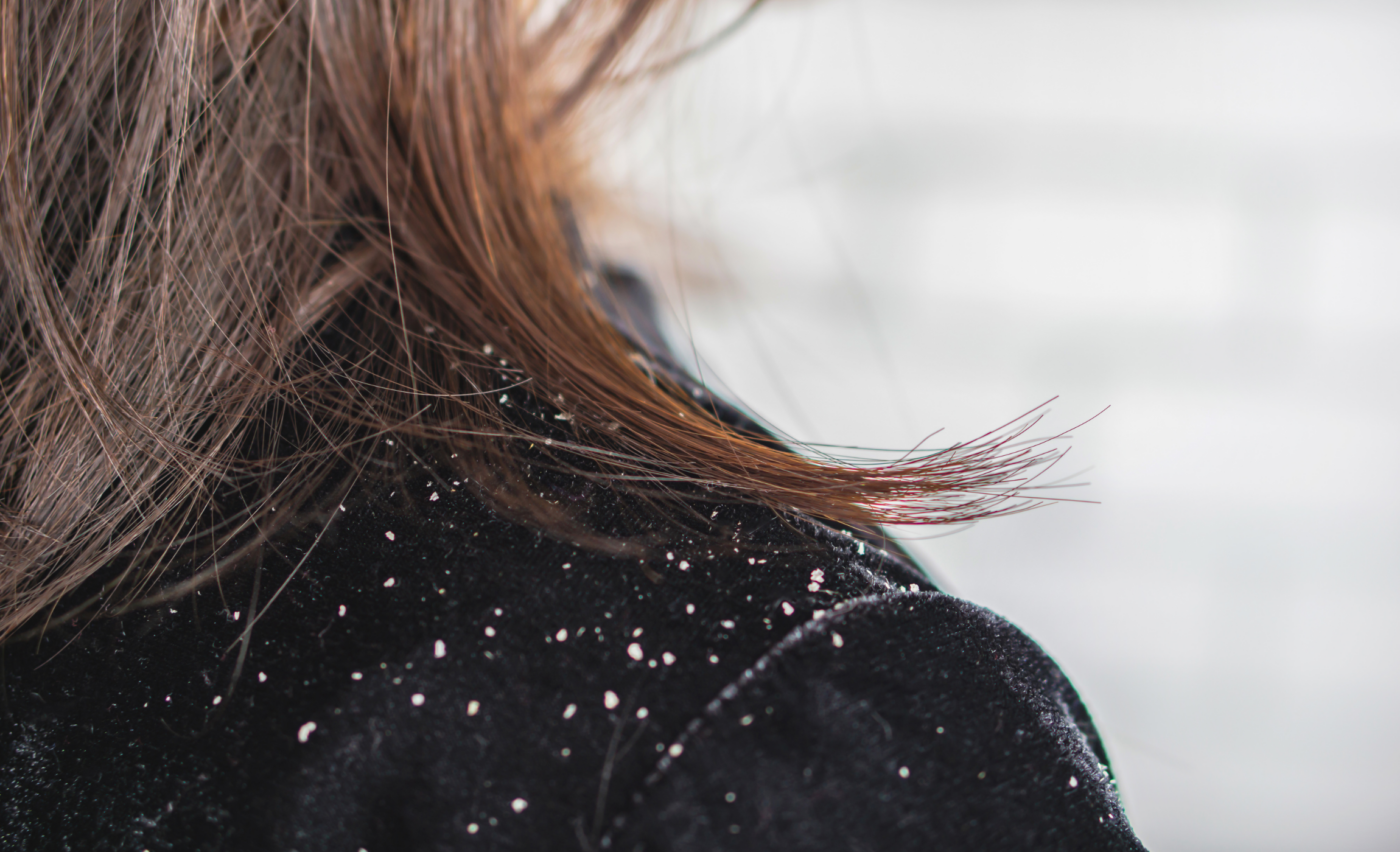Dandruff is one of the most common scalp problems, which is annoying and time-consuming to get rid of. It occurs when the scalp becomes inflamed, the yeast on the scalp begins to overgrow, and the skin begins to produce too many skin cells.
Why does dandruff even occur?
Dandruff usually occurs when your scalp is too dry or too oily. Then the scalp becomes inflamed and the yeast on the scalp starts to proliferate. Also, the scalp begins to produce too many skin cells, which form white flakes on the scalp.
It is often thought that dandruff can occur if you wash your hair every day, wear a hat in winter or headgear in summer. In reality, however, it is a matter of myths. The most frequent causes of dandruff are
- stress
- increased sebum secretion
- hormonal changes
- washing hair too infrequently
- getting sick
Luckily, it is possible to stop dandruff yourself – here are the 3 best hacks that will help you keep your scalp clean and get rid of dandruff forever.
Wash your hair right
Home hair care is one of the most important ways to prevent dandruff. To get rid of dandruff, wash your hair 3-4 times a week with a special anti-dandruff shampoo that stops the spread of the fungus and the reproduction of cells and does not contain ingredients that cause itching.
If the right anti-dandruff shampoo is chosen, we can’t forget about the right hair washing technique:
- Gently massage your scalp in circular motions.
- After washing, rinse your hair well.
- Use an anti-dandruff serum on the scalp (PS! Our favourite is S+ Haircare Anti Dandruff Treatment).
- Dry your hair carefully. When blow-drying, make sure that it does not blow too hot air, as hot air can irritate the scalp.

Eat healthy
To keep your scalp and hair healthy, you should eat more eggs, fish, meat, soybeans, whole grains, nuts, seeds, banana, avocado, spinach and raw wheat germ. Try to avoid yeast and sweets. In case of scalp problems, you could also undergo a vitamin course lasting a few months. Ideal vitamins for this are vitamin B, zinc, biotin and vitamin D.
Don’t scratch your scalp
Although the temptation to scratch your scalp may be great, try not to. This can further increase irritation and inflammation, especially if your nails are long and on the sharper side. Also, scratching an inflamed scalp can create open wounds where bacteria and infections can collect.

